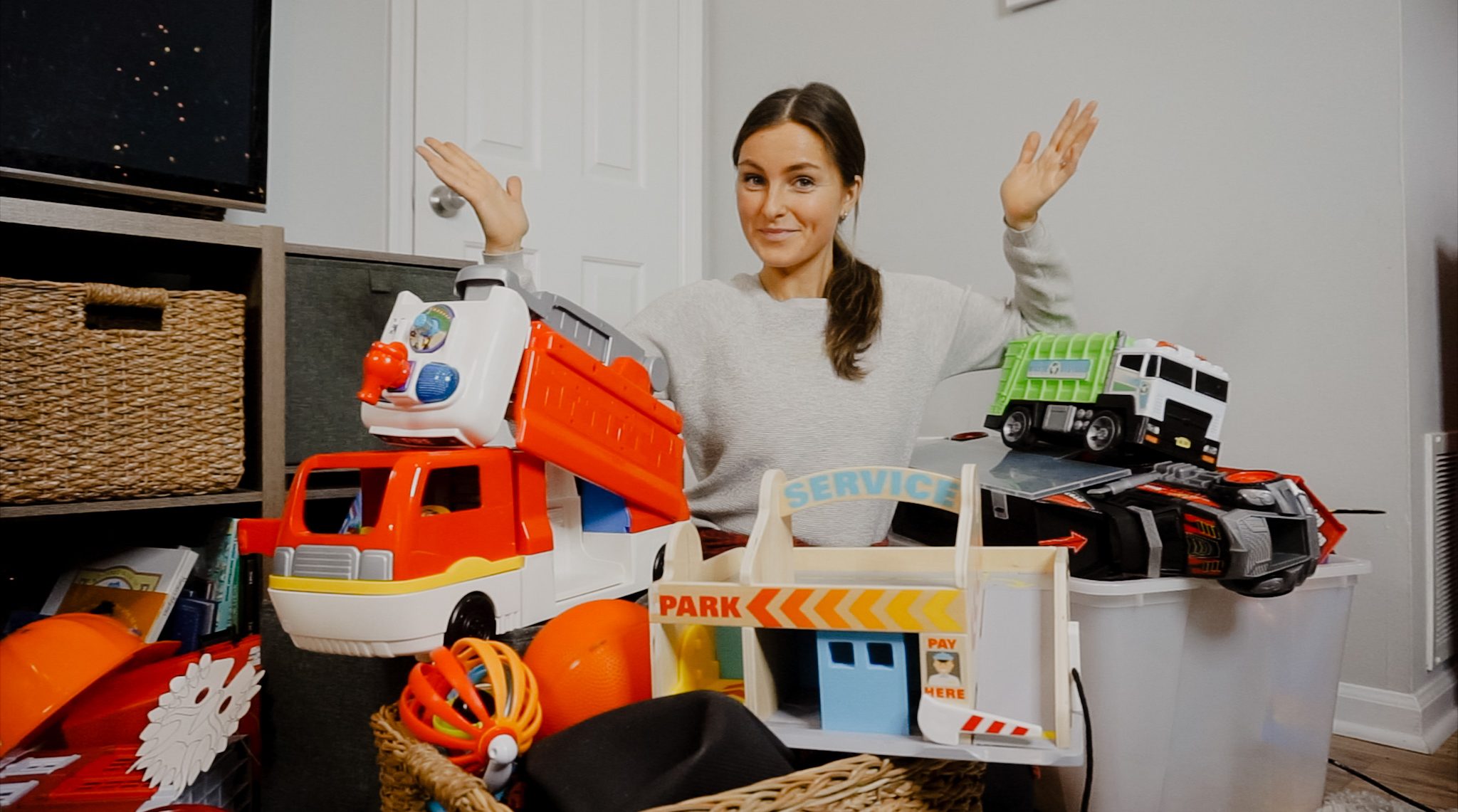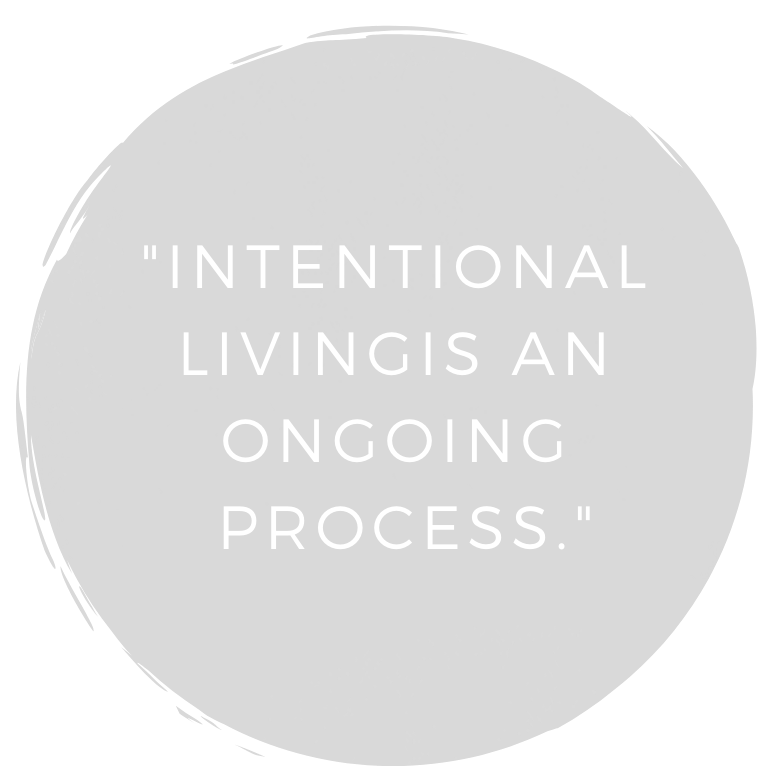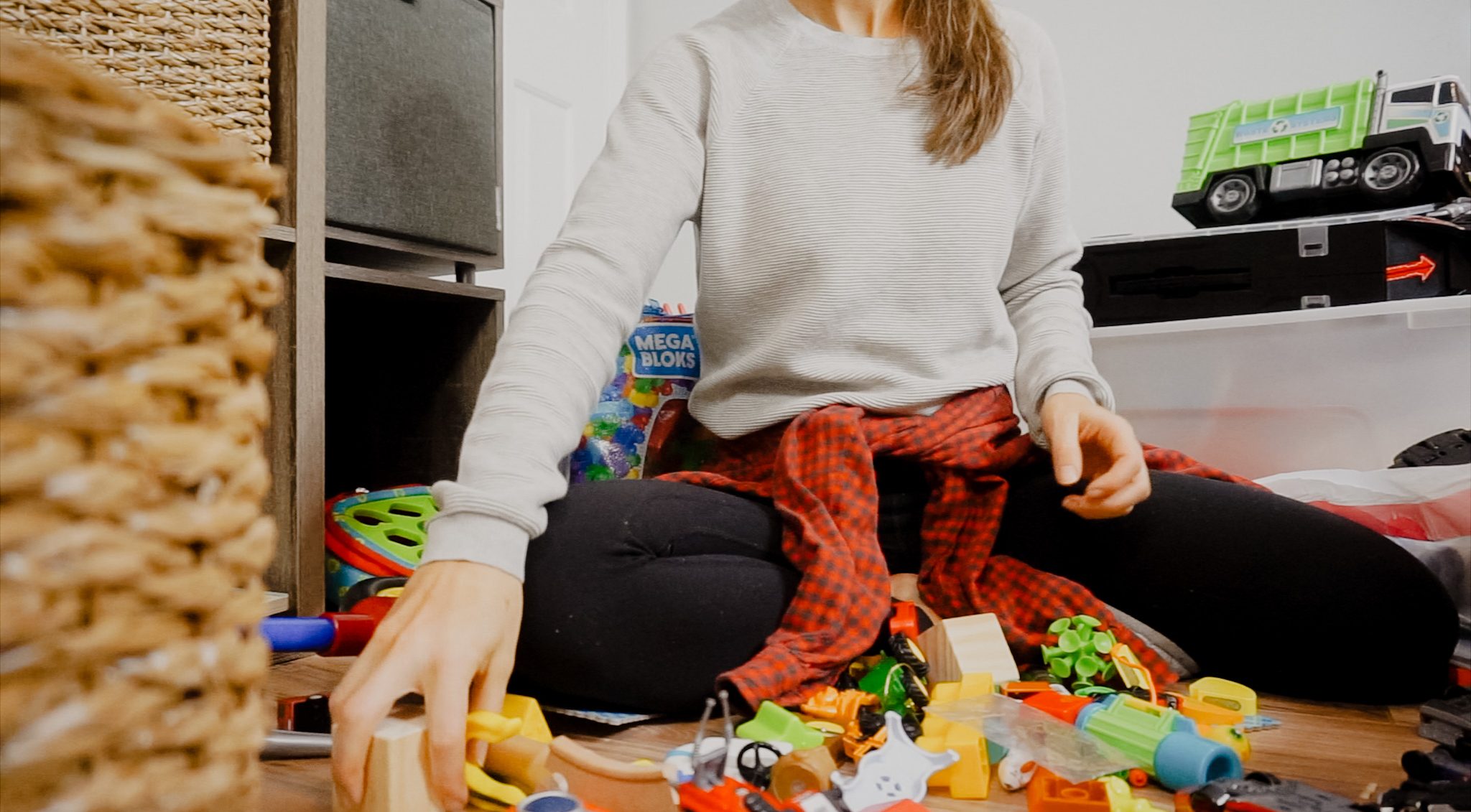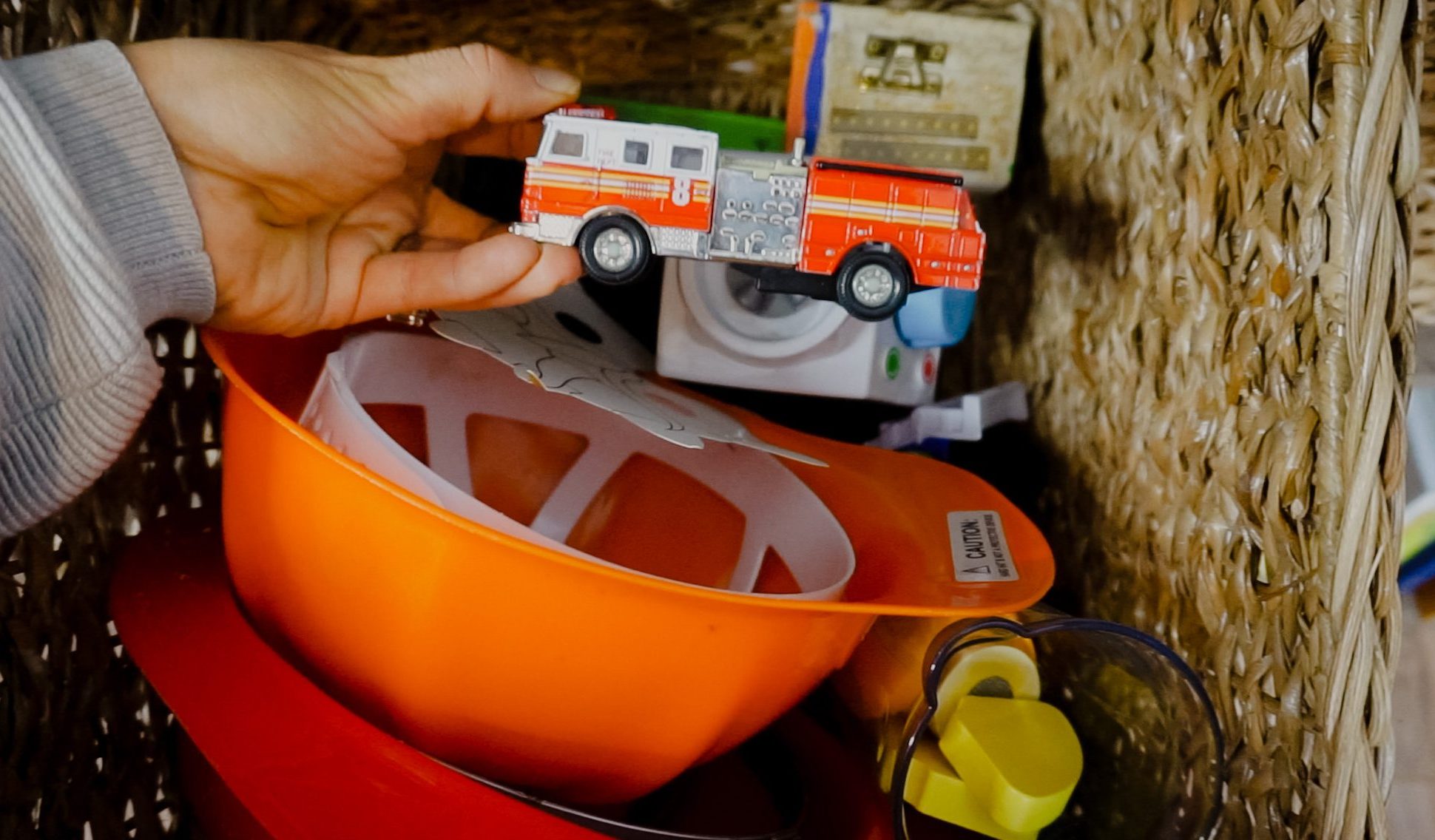
It’s true. I gave away 75% of my kid’s toys, and their response moved me in a way I was not expecting. Let me start by setting the scene for you.
It was a few days after Christmas; the Christmas decorations were still shining, we had our 2021 intentions taped on the fridge ready for the new year, all is well, right? Wrong. It was the third morning in a row that I woke up to a messy home. It was the third morning in a row that I snoozed my alarm. It was also the third morning in a row where I woke up and was not excited for the day ahead.
 Now, every mother has to fight her own specific battles every day. But I think one that we can all relate to, the one we can all nod, eyes wide open, lips pursed in agreement on, is the mess that comes with young children.
Now, every mother has to fight her own specific battles every day. But I think one that we can all relate to, the one we can all nod, eyes wide open, lips pursed in agreement on, is the mess that comes with young children.
Some mothers handle this better than I do, and I applaud them. But when I got this idea, this idea to just get rid of their toys, it sparked my curiosity. I let it sit for a few days to make sure it wasn’t the exhaustion talking. To my surprise, the more I thought about it, the more intrigued I became.
I’m a big fan of decluttering, de-stressing, and living intentionally. Most of my content is full of that because I’m a walking example of what happens when you have less stuff. I thrive off of it, but what will my children do when they’re missing their toys? Am I stripping them of their happiness?
Come to find out, that was far from the case.

DECLUTTERING:
I gathered and poured all of the toy bins, containers, and bags onto our living room floor. One by one, I sorted them into piles. One give-away pile, one throw away pile, and one keep pile. This process took me about two hours. I made sure I had every single toy in our possession on that carpet: the light-up toys from the car, the dusty baseball bats from the shed, the bath toys.
Sorting was a little trickier because my emotions started to creep up on me. “Will they be sad without this toy?” “What if they ask for this truck tomorrow?” I kept reminding myself that their happiness isn’t found in toys, that they will appreciate what they have, and that if all else fails, I have ice cream in the freezer.
A few hours later, I was left with three trash bags full of toys to give away, one full of broken pieces and trash and two wicker baskets with a handful of items for each child, plus a bin in the closet to hold the firetruck, dress-ups, and building blocks. 75% of their toys were gone.

MY STRATEGY
As I said, I gave myself days to mull this over and hopefully execute it correctly. My plan for having fewer toys while keeping my children entertained was to help them focus on one toy. Each morning my strategy was to grab one toy for each child and tell them they can play with this one toy for the entire morning while keeping the remainder of the toys in the bin or closet. So how’d it go? This, by far is my favorite part.
THEIR REACTION

My 18-month-old didn’t care too much. He’s content with a toothbrush. My four-year-old, however, I was a little bit worried about how he’d react. Much to my surprise, he didn’t even notice. It could be his personality, it could be his imagination, but he, still to this day, hasn’t said a word about his missing toys.
His favorite part of the morning is walking downstairs and finding his one toy to play with for the morning. We’ve also cooked together almost every day. We’ve gone on more walks. The other day, he actually helped me hang-up his clothes. He’s getting life experience because he’s not immersed in a sea of toys, we’re getting more quality time, and his imagination is on another level.
Children are resilient and are incredible examples of living with what you’ve got.
HOW IT CHANGED MY LIFE
The time I used to spend cleaning up toys has nearly vanished. I’m getting to bed earlier, and I’m less stressed during the day … probably because I’m not looking at clutter 24-7. My relationships with my kids have evolved, and simply watching their contentment has inspired me.
Intentional living is an ongoing process. As exciting as this little experiment was, I have to keep up with it. I have to get through tough toddlers-don’t-understand-personal-space days. It’s all part of the process, for which I am incredibly grateful.










